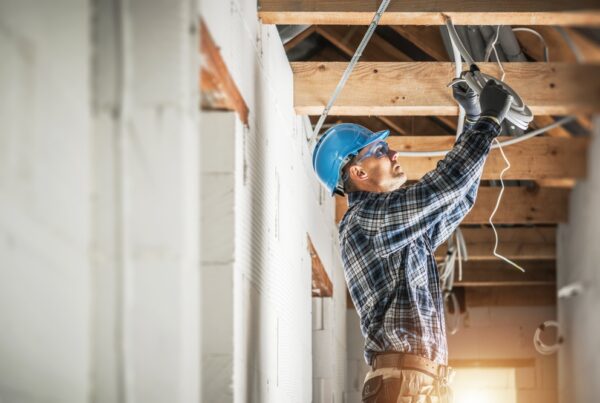The Real Estate Institute of Queensland (REIQ) is warning that proposed changes to the Sophisticated Investor Test (SIT) could sink start-ups and strangle small and medium Commercial Property Investment Funds.

As it currently stands, an investor can qualify as a ‘sophisticated investor’ if they have an annual income of $250,000 in two consecutive years, or have net assets of $2.5 million.
If an individual or corporation meets this test, then they can invest in companies that aren’t listed on the stock exchange – mainly start-ups and Commercial Property Trusts.
The Federal Government is looking at lifting the test’s financial threshold to $450,000 in income and $4.5 million in net assets – effectively shutting out savvy investors who previously met the criteria and had access to these asset classes with higher returns.
REIQ CEO Antonia Mercorella said the peak body was opposed to any changes to the Sophisticated Investor Test which could pull much needed investment out of Queensland.
“By increasing the threshold and shutting out investors, the Government is putting Australia’s emerging proptech industry at risk,” Mr Mercorella said.
“Australia is currently ranked 87th for economic complexity by the OECD – meaning we rely heavily on mining for our wealth.
“To remain relevant, our Government needs to ensure that the Australian economy is diversified. It’s a step in the wrong direction to reduce the opportunities for individuals to build wealth.
“Queensland in particular has difficulty attracting private investment, and as we look to support our local proptech start-ups we will need to protect their ability to access all types of capital.
“Of note, only 11 Incorporated Limited Partnerships (or Venture capitalists) were registered in Queensland over the three-year period from 2019, showing how fragile this sector is in the state.
“Further, the change to the SIT will impact small and medium Commercial Property Investment Funds ability to raise money – which in turn will reduce competition in the Commercial Property Space.”
REACH Australia Managing Partner Peter Schravemade said he believed a better balance could be achieved with adequate investor protection without stifling startups.
“The proposed modification recommended by the current government for sophisticated investors is short sighted and is likely to have widespread repercussions for companies going through the start-up and scale up phases of business,” Mr Schravemade said.
“REACH Australia is concerned that making it challenging for individuals to invest money in start-ups will impact the broader economy.
“We propose exploring alternative solutions that provide investor protection whilst also allowing Australia’s entrepreneurial spirit to shine.”
Ms Mercorella concluded that the nanny state should not be picking and choosing which financial investments individuals can make through arbitrary changes.
“The SIT does not apply to individuals looking to take risky investments in small cap ASX listed companies nor does it apply to high-risk endeavours such as gambling,” she said.
“So why then single out strategic asset classes such as start-ups and Commercial Property Trusts?”.









